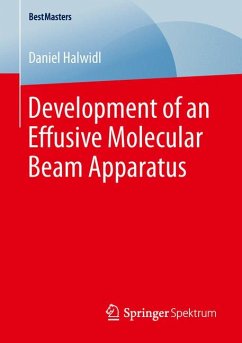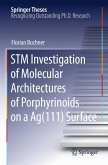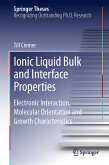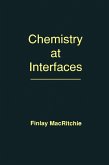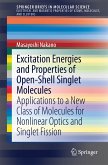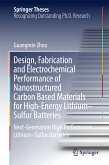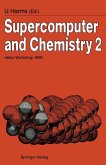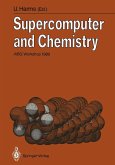Daniel Halwidl presents the development of an effusive molecular beam apparatus, which allows the dosing of gases, liquids, and solids in ultra-high vacuum. The apparatus is designed to adsorb precise and reproducible doses to a defined area on metal oxide samples, which is required in Temperature Programmed Desorption and other surface chemistry experiments. The design and the construction of the apparatus is described. The properties of the molecular beam are experimentally confirmed. The beam profile has a core diameter of 3.5 mm and a standard core pressure of 4 x 10-8 mbar, while the background pressure is 4 orders of magnitude lower.
Contents
- Flow of Gases
- Effusive Molecular Beam Sources
- Molecular Beam
Target Groups
Researchers and students in the fields of surface physics and surface chemistry
The Author
Daniel Halwidlfinished his master thesis under the supervision of Prof. Dr. Ulrike Diebold at the Institute of Applied Physics at the TU Wien. Currently, he is researching the fundamentals of the surface chemistry of perovskite-based solid oxide fuel cell materials to obtain his PhD.
Dieser Download kann aus rechtlichen Gründen nur mit Rechnungsadresse in A, B, BG, CY, CZ, D, DK, EW, E, FIN, F, GR, HR, H, IRL, I, LT, L, LR, M, NL, PL, P, R, S, SLO, SK ausgeliefert werden.

